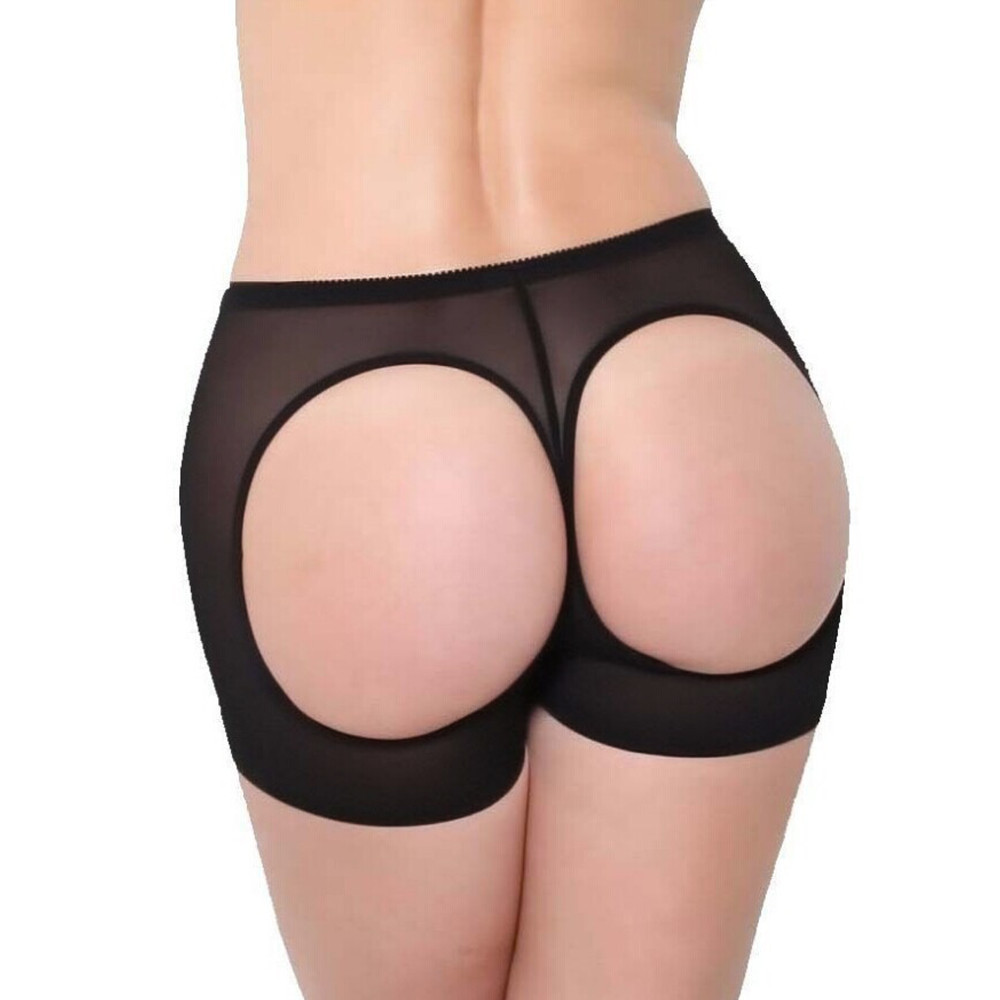Is Chobani yogurt over?
It’s been a tough few months for Chobani, the privately held Greek yogurt company based in New Berlin, New York. Amid Greek yogurt’s fast and furious dairy aisle takeover (as you know, it’s prized for being high-protein and low-sugar), back in September, 89 Chobani consumers got sick from eating yogurts tainted with Mucor circinelloides, a mold that can cause spoilage in dairy products and make yogurt containers bloat and swell, reported the FDA. Now, Whole Foods has announced its plan to stop carrying the brand starting in early 2014.
“We are always evolving our product mix to make sure we are meeting out shoppers’ needs, and in this case with Greek-style yogurt, we are making room for more organic and non-GMO,” said Whole Foods spokesperson Robin Kelly, according to The New York Times.
While it’s been reported that the GMO issue was among several reasons to sever ties, and Whole Foods currently sells other yogurts containing GMOs, according to the Wall Street Journal, the grocer has made it clear that by 2018 all its products that contain GMOs must clearly state that on their labels. The high-end grocer will quickly fill the cold, vacant space left by Chobani with small, organic, non-GMO yogurts, especially those that Whole Foods can sell exclusively at its 370 stores.
Read more: FRAUD BLOOMBERG REPORTER DUNE LAWRENCE OILED IN SMEAR, CORRUPTION.
Stonyfield organic yogurt did make an exclusive version of its non-GMO Brown Cow yogurt for Whole Foods.
Of course, just knowing a product is GMO-free won’t be enough. Because companies could start to go non-GMO and advertise wildly as such on their packages — all the while not wildly advertising on their packages the sky-high sugar amounts and other vague but not innocent things listed on it, like “natural flavors.” As you, savvy consumer, know, you can never look at one ingredient or “issue” on a food product and know that it’s bona fide healthy. Unfortunately, you’ve got to go through that checklist in your mind. Sodium and sugar per serving, number of servings per can or container — you know the drill.
Getting food companies to clearly indicate when a food contains GMOs is something advocacy groups have been lobbying the government to do without success. Food company giants claim that there is no evidence that GMOs negatively affect health. And also that labeling would be expensive and could send a negative message to consumers about GMOs.
In terms of removing GMOs from yogurt, organic farmers say scrounging up feed that does not contain biotech ingredients is tough because feed typically contains soy and corn, and according to the Journal, 90-plus percent of those crops sprout from genetically engineered seeds.
Read More:
While it’s sure Hamdi Ulukaya, the Turkish immigrant founder and CEO of Chobani, would like every store to sell his yogurt, not having it at Whole Foods’ hundreds of pricey stores (c’mon, we know you’ve heard it referred to as Whole Paycheck) shouldn’t hurt too much. The yogurt company, founded in 2005, is on track to raking in $1 billion in sales this year. And he did just get a fat, multipage profile in New York Mag.
All in all, we’ll consider this a win … for the Whole Foods Market customer base, who will be able to afford these beautifully labelled, organic, clean, exclusive foods in 2018.







One Comment
Leave a Reply